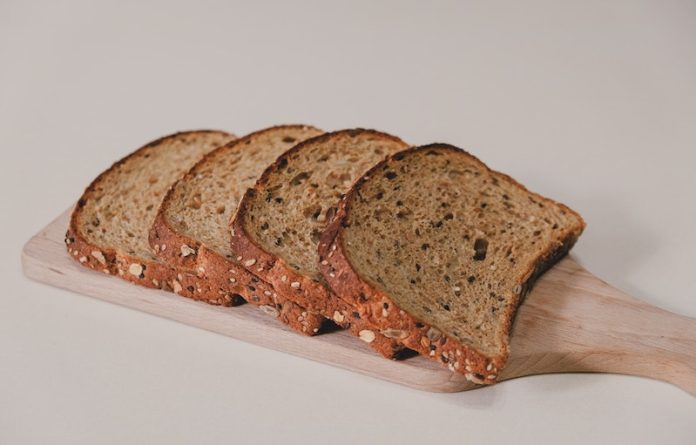
Scientists from Tufts University recently found that middle-aged and older people who ate at least three servings of whole grains every day had smaller increases in waist size, blood pressure, and blood sugar levels.
They examined how whole- and refined-grain intake over time impacted five risk factors of heart disease: Waist size, blood pressure, blood sugar, triglyceride, and HDL (“good”) cholesterol.
They used data from the Framingham Heart Study Offspring Cohort, which began in the 1970s to assess long-term risk factors for heart disease.
The researchers focused on health outcomes linked to whole- and refined-grain consumption over a median of 18 years.
The 3,100 participants from the cohort were mostly white and, on average, in their mid-50s at the start of data collection.
The research team compared changes in the five risk factors across four categories of reported whole grain intake, ranging from less than a half serving per day to three or more servings per day.
The results showed that waist size increased by an average of over 1 inch in the low-intake participants, versus about ½ inch in the high-intake participants.
The average increases in blood sugar levels and systolic blood pressure were greater in low-intake participants compared to high-intake participants.
The researchers also found lower refined-grain intake led to a lower average increase in waist size and a greater mean decline in triglyceride levels for each four-year period.
These findings suggest that eating whole-grain foods as part of a healthy diet delivers health benefits beyond just helping us lose or maintain weight as we age.
They suggest that people who eat more whole grains are better able to maintain their blood sugar and blood pressure over time. Managing these risk factors as people age may help to protect against heart disease.
According to the Dietary Guidelines for Americans 2020-2025, the recommended amount of whole grains is three or more servings daily.
An example of a serving is one slice of whole-grain bread, a half cup of rolled oats cereal, or a half cup of brown rice.
The study was published in the Journal of Nutrition and conducted by Caleigh M Sawicki et al.
If you care about high blood pressure, please read studies that early time-restricted eating could help improve blood pressure, and coconut sugar could help reduce blood pressure and artery stiffness.
For more information about blood pressure, please see recent studies about added sugar in your diet linked to higher blood pressure, and results showing plant-based foods could benefit people with high blood pressure.
Copyright © 2023 Knowridge Science Report. All rights reserved.



